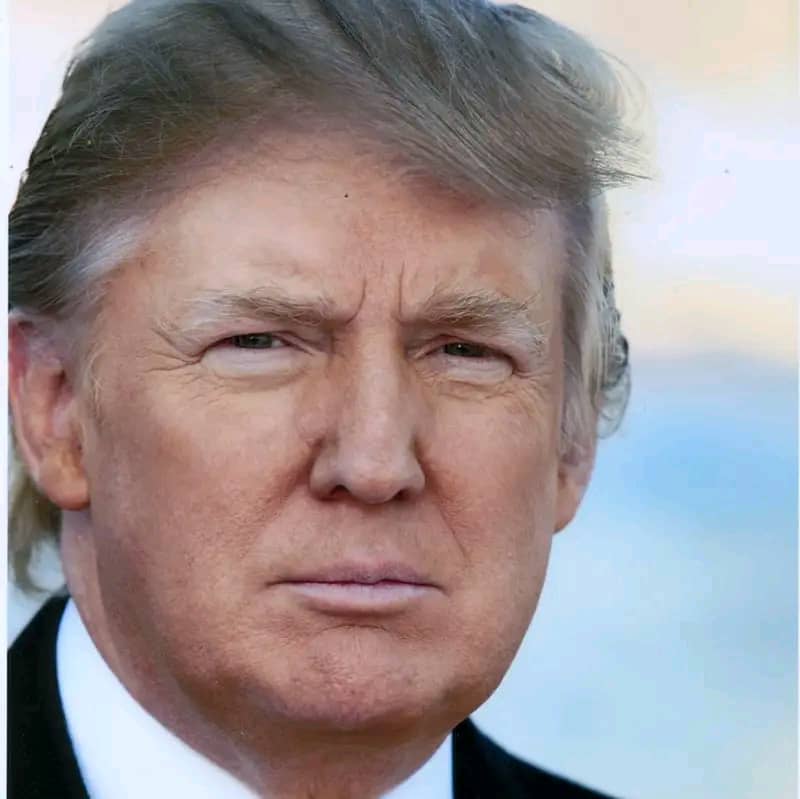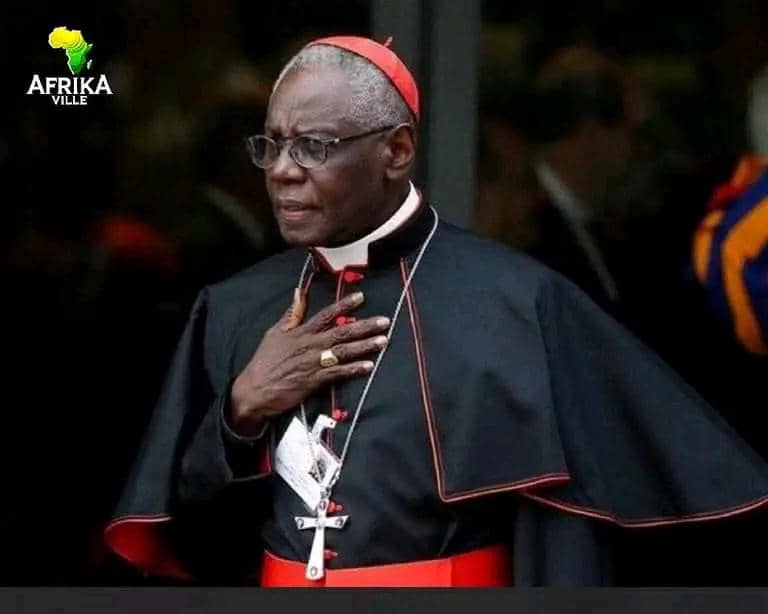The Hague, Netherlands – June 28, 2025
Tensions in the Middle East cast a long shadow over the 2025 NATO Summit in The Hague, where U.S. President Donald Trump addressed fellow leaders about the recent escalation between Iran and Israel. Speaking during a high-level closed-door session, the President confirmed the severity of Iran’s latest missile attacks on Israeli territory.
“Israel got hit very hard. Really very hard. The ballistic missiles from Iran damaged a lot of buildings,” Trump said, underscoring the gravity of the situation.
The strikes, which reportedly targeted several urban centers in Israel, have raised alarm across the international community. While full casualty figures are still being compiled, early assessments point to widespread infrastructure damage and displacement in major cities. Emergency crews in Tel Aviv and Haifa are said to be working around the clock to manage the aftermath.
President Trump’s remarks have added urgency to the NATO agenda, with member states shifting focus toward regional stability in the Middle East. NATO Secretary General Jens Stoltenberg confirmed that crisis response and collective security mechanisms will now take center stage in summit discussions.
“The alliance stands united in concern over this dangerous escalation. We are closely monitoring developments and will assess appropriate responses,” Stoltenberg said.
France and Germany joined calls for restraint, urging both Iran and Israel to avoid further provocation. British Prime Minister Emily Carter stressed the importance of diplomatic channels, stating, “This is a critical moment for peace and security, not just in the region, but globally.”
Iran has not issued a formal statement at the summit, but its state media described the missile launches as a “defensive response” to Israeli airstrikes on military sites in Syria, which Tehran claims killed several of its Revolutionary Guard officers.
With fears of a broader regional conflict rising, the NATO summit now serves not only as a platform for unity among Western allies but also as a barometer for the alliance’s ability to respond swiftly to global flashpoints.
As leaders convene for further sessions, all eyes remain on the unfolding developments in the Middle East—and how NATO might recalibrate its strategy in the face of a potential new front in an already fragile global security environment.



